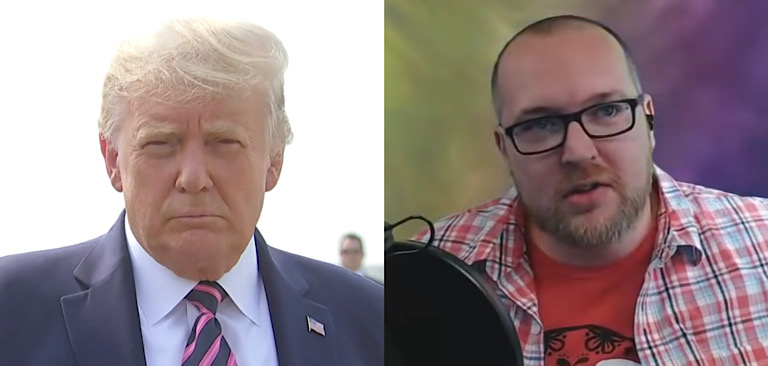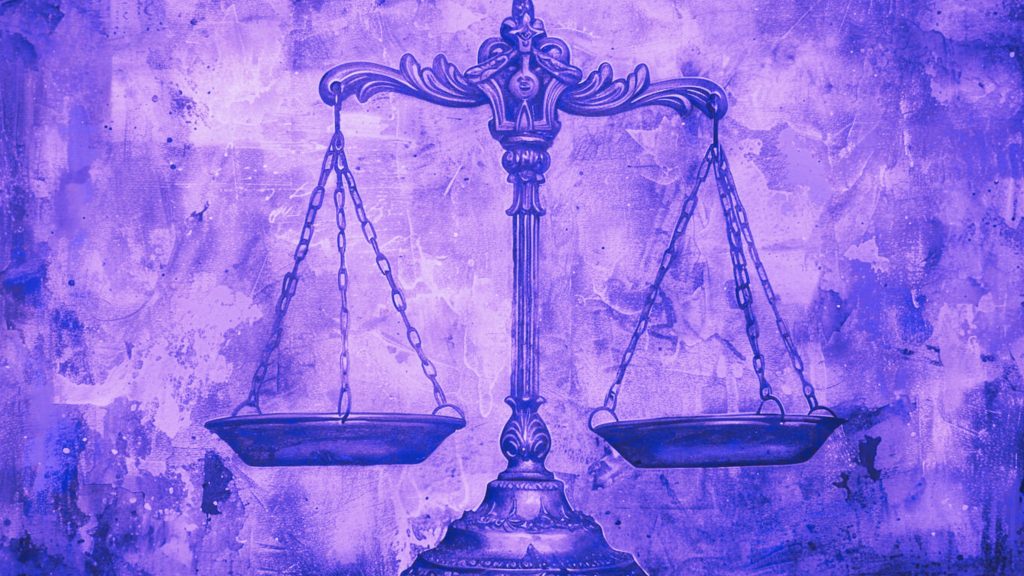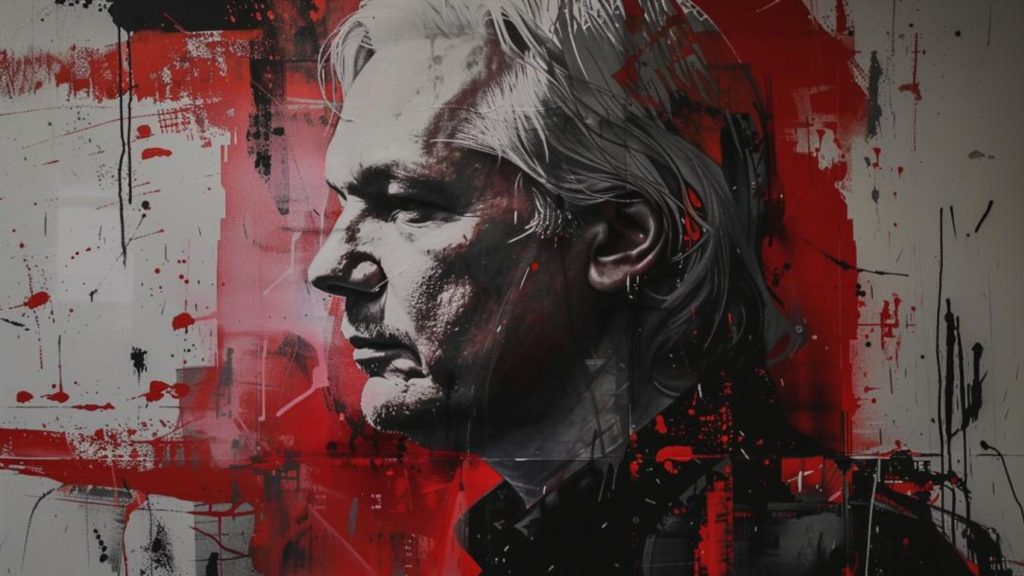The parents of the toddlers featured in a viral meme, which made fun of CNN’s biased coverage of Trump supporters, have sued President Trump and meme artist Carpe Donktum for their involvement in the creation and sharing of the meme.
The meme features footage from a viral video of a black toddler and a white toddler happily hugging each other and then running down a sidewalk after their first day of school. The video was recorded by their fathers Michael Cisneros and Daniel McKenna in September 2019.
Carpe Donktum created and shared the meme around a week after the original video went viral and transformed the footage into two segments that collectively take aim at CNN and make fun of biased media coverage.
The first segment shows a clip of the toddlers running down the sidewalk while sinister music plays and two mock CNN lower thirds appear on screen stating “Breaking News: Terrified Todler [sic] Runs From Racist Baby” and “Breaking News: Racist Baby Probably a Trump Voter.”
The second segment then begins with a text card stating “What Really Happened” before transitioning to an extended clip of the two toddlers running towards each other, hugging, and happily chasing each other while the song “(They Long to Be) Close to You” plays. The second segment finishes with a text card that states: “America is not the problem. Fake news is. If you see something, say something. Only you can prevent fake news dumpster fires.”
In June 2020, nine months after Carpe Donktum originally posted the meme, Trump shared the meme on Facebook and Twitter where it racked up more than 20 million views.
A day later, Trump’s posts featuring the meme were taken down in response to copyright takedown requests. Jukin Media, a company that licenses videos for third-party use and that represents Cisneros, filed the Twitter takedown request.
Less than a week after the takedown of Trump’s posts, Carpe Donktum was permanently suspended from his preferred social media platform, Twitter, for “multiple copyright infringement notifications.” He had over 273,000 followers and had been using the platform for more than 12 years at the time of his suspension.
The lawsuit acknowledges that the original video had already gone viral on social media before Carpe Donktum created and shared the meme yet alleges that he “misappropriated” the pictures and likenesses of the toddlers when creating the meme, used their pictures and likenesses without consent, and used the meme for “commercial exploitation.”
We obtained a copy of the complaint for you here.
Additionally, the lawsuit accuses Trump and his campaign of similar charges because they shared the meme.
The lawsuit concludes by claiming that Carpe Donktum, Trump, and the Trump campaign’s use of the meme has caused “severe emotional distress and irreparable harm” to the parents, violated New York Civil Rights law, caused “fright and shock,” and constitutes “intentional infliction of emotional distress.”
Carpe Donktum described the lawsuit as “rambling and often hilariously written” in a statement and added:
“The claim that creating social or political commentary about a video that has been purposely shared to millions of people, featured in news articles, and broadcast on television violates anyone’s legal rights is patently absurd.”
Related: ? How the DMCA has become one of the biggest threats to online speech
One prominent theme that’s referenced multiple times in the lawsuit is Carpe Donktum, Trump, and the Trump campaign’s failure to obtain consent to use the original video.
Memes are often protected under fair use – a provision in copyright law that allows people to use copyrighted material without obtaining consent from the copyright holder if their use meets certain criteria such as being “transformative” and adding new meaning to the original work.
When this meme was originally removed from Twitter, Jukin Media stated: “We believe that his unauthorized usage of the content is a clear example of copyright infringement without valid fair use or other defense. We have submitted a DMCA [Digital Millennium Copyright Act] takedown notice on behalf of the video’s creator, and in accordance with Twitter’s policy.”
However, Carpe Donktum wrote that he filed counterclaims in early July to Twitter and YouTube contesting the DMCA takedowns. After these counterclaims were filed, Carpe Donktum states that the parents and their lawyers “DECLINED to file a lawsuit or a cease and desist against me during the allotted time, effectively admitting that their claim was invalid.”
Carpe Donktum alleges that this serves as evidence that the Twitter DMCA that led to the meme being taken down and his account being permanently suspended was fraudulent.
The lawsuit references Carpe Donktum’s permanent Twitter suspension and claims that he was banned for multiple infractions related to his “unauthorized use of various videos that were created without written consent from Plaintiffs and to likely cause harm to them.”
Carpe Donktum added that he intends to seek “substantial” compensation for the loss of his Twitter account and the losses caused by his suspension.
If you're tired of censorship and dystopian threats against civil liberties, subscribe to Reclaim The Net.









